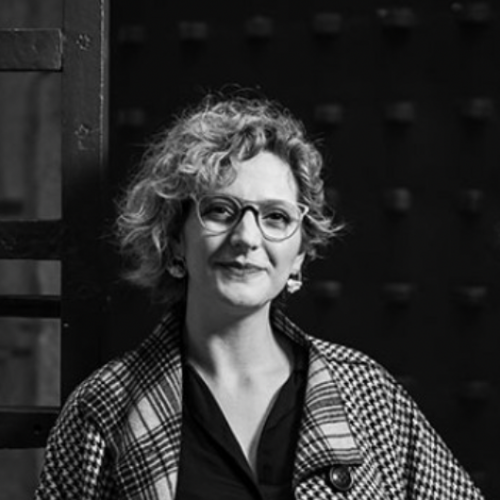Working Group Report - European Working Group on Organisational Crime
EUROC’s last report was in early 2019 and despite the impact COVID caused in a variety of spheres, the EUROC working group did not lose its dynamics and its board continued working hard in maintaining its presence and activities in Europe and elsewhere.
After EUROCRIM2019, in Ghent, the annual conferences of the ESC moved online for 2020 and 2021. The EUROC working group was actively engaged in reviewing submissions and organizing the programs of the online conferences of the ESC. In 2020, a total of 6 panels were presented under the EUROC banner, comprising 17 presentations including topics on the connections between organized and organisational crime, offenders’ features, and state, business and corporate crime. In 2021, a total of 6 panels took place, comprising 20 presentations and one roundtable, with topics varying from corruption to money laundering, market regulation, offenders’ features and so on.
With the resuming of face-to-face conferences, EUROC was again called to sort out the submissions for EUROCRIM2022 in Málaga. This time, an astounding number of 5 pre-arranged panels, 30 individual presentations and 1 poster were accepted, revealing how lively research on white-collar, corporate and occupational crime in Europe is, and the board can only hope that Málaga allows for exciting discussions and continued growing of the group.
In June 2019, EUROC hosted its second standalone Symposium in Manchester, UK, an event that welcomed scholars from across Europe to engage with the question of What is “European” about white-collar crime in Europe? The EUROC board is more than happy to inform that an edited book emerged from the Symposium. Edited by EUROC’s board members and published in 2021 by Bristol University Press, the book, titled “European White-Collar Crime. Exploring the nature of European realities” offers contributions from Europe and elsewhere (https://bristoluniversitypress.co.uk/european-white-collar-crime). Such contributions include methodological, theoretical and epistemological reflections on researching white-collar crime in Europe, regional case studies and national and supra-national responses to white-collar crime. A book launch is being planned for the #24 hr online conference on global crime which will take place on 13-14 October.
EUROC was also represented at the last American Society of Criminology (ASC) Annual Meetings. Wim Huisman, who was elected co-chair of the ASC Division of White-Collar Crime (DWCC) in 2020, regularly provides updates on the Group’s activities to the Division (https://asc41.com/divisions/dwcc/) and, currently, a standalone EUROC-DWCC seminar is being prepared or, more adequately, a thematic online session in being planned for 2022 and a special issue will be published with articles originating from the event.
Finally, in 2019, Judith van Erp stepped aside the EUROC board and Rita Faria was welcomed as board member to become, more recently, chair of the working group. Peter Duncan was also recently greeted as Early Career Associate within EUROC. Renewal and incremental changes are fundamental to keep fueling the group, not only in its exceptional activities, but also in maintaining the regular pace of communication with members, particularly via the newsletter which, despite some delays, has been send out to EUROC members containing new publications, calls for papers, opinion pieces and other relevant information.


